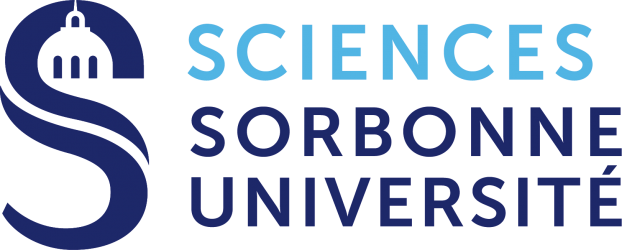*#Call for #applications – #Research #Fellowship at Università degli Studi
di Bari, Bari (ITALY)*
Closing date for applications: 09/Dec/2022
Keywords: #artificialintelligence, #deeplearning, #healthcare, #wellbeing.
URL for applications:
https://reclutamento.ict.uniba.it/assegni-di-ricerca/concorsi/2022-pr-01.82
Applications are invited for a 18-month fellowship (assegno di ricerca) for
conducting research within the project “Artificial intelligence techniques
for monitoring adverse reactions of anti-covid vaccines”, funded by POC
PUGLIA FESR-FSE 2014/2020- azione 10.4 “Interventi volti a promuovere la
ricerca e per l’Istruzione Universitaria” –“RIPARTI” (Regione Puglia). The
Research Fellow will work on Artificial intelligence techniques for
monitoring adverse reactions of anti-covid vaccines. The Research Fellow
will spend 10 months in Miraclesrl (https://lnkd.in/dT84mYzt) and 8 months
in DIB – Dipartimento di Informatica – UniBa.
For further information, please contact prof. Giovanna Castellano:
giovanna.castellano@uniba.it
########################################################
*PhD scholarship for graduates in Computer Science or Mathematics*, on
‘Explainable computational methods for the analysis of bioinformatics data
produced by high-throughput CRISPR screening’, to be carried out at the
Institute of Biomedical Technologies of the CNR and the Mathematical or
Computer Science Department, in Bari (Italy).
Knowledge in programming and data analysis is required, while
bioinformatics skills will be acquired during the PhD.
Call for applications: https://lnkd.in/diDYsV_7 (page 41 ITA version and
page 36 ENG version) ID code CN00000041, CUP H93C22000430007
Deadline for application: December 19, 2022
Please contact arianna.consiglio@cnr.it if interested
Abstract:
CRISPR/Cas9 technology allows cutting a target region on DNA to perform
specific changes to a cell’s genome. The versatility of this technique has
allowed the development of countless applications in Biomedicine and opens
up new scenarios in the treatment of complex pathologies such as genetic
diseases and diseases with multiple DNA recombinations, such as tumors. The
large amount of data produced while testing the efficacy of this technology
requires the definition of innovative analysis methods that provide
explainable predictions regarding the possible effects of genomic
modifications on cellular systems.
The project will include the study of possible genetic modifications which,
induced in pathological cells, can restore their physiological activities.
In particular, aspects such as the feasibility of applying the
modification, the efficiency of its introduction into the cellular model,
the positive and negative effects that the genetic modification can cause
in the system will be predicted and evaluated.

M2 Apprentissage et Algorithmes (M2A)
Master Mathématiques et Applications / Master Informatique – Sorbonne Université